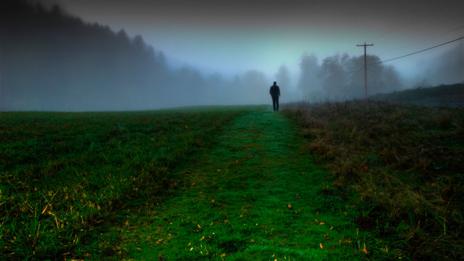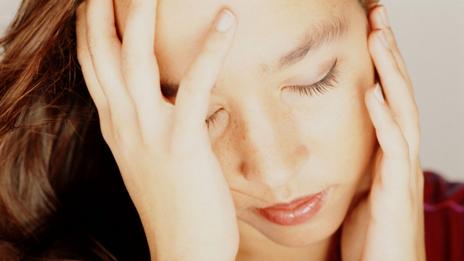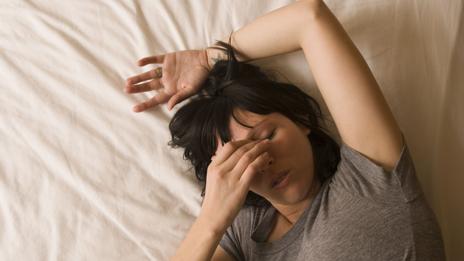
by TJ Crawford
Rollingout.com
Feb 20, 2015
There are many in the African American community that reject Western ideologies, speak of repatriation, and opine about how and why Black folks need to return to the motherland.
Ben Ammi Ben Israel actually did it.
In 1967, after receiving what he described as a prophetic vision, he helped organize the exodus of nearly 400 souls to Liberia, West Africa, where they would spend a two-and-one-half year “wilderness” period in conflict with the Liberian government while shedding what the community explained as “the many detrimental habits that as an enslaved people” they had acquired. In 1969, they continued their sojourn to Israel, where for over two decades they endured a lack citizenship status, work permits, access to schooling, health care, and the belligerence of an Israeli population unwilling to embrace a people who believed themselves to be descendants of the ancient Israelites. Over time, Ben Israel became recognized by his community as the Anointed Spiritual Leader of the African Hebrew Israelites, and after a sort of reconciliation with the Israeli government in 1990, the African Hebrew Israelites became a permanent fixture in the Israeli landscape, and from that time made great strides in education, organic agriculture, vegan food production and more.
Prince Immanuel Ben Yehuda, a member of the African Hebrew Israelite Holy Council said, “The insight, commitment, patience and compassion he [Ben-Israel] demonstrated was instrumental in leading us to forge a social model for humanity in which Yah might be pleased.”
Under Ben Israel’s leadership, the Hebrew Israelites have become renowned for their vibrant culture and boundless creativity. The holistic lifestyle of the community, coupled with high moral standards, was forged in keeping with their aim to fulfill the prophetic mandate of the Israelites to be “a light unto the nations.” Indeed, many of the ideas and standards that Ben Israel introduced to the community that were thought to be unusual at the time — including veganism, weekly fasting and the limiting of salt and sugar consumption — are now recognized as genius and have been implemented globally.
The community he founded has gained such popularity that an average of 500 visitors come to tour weekly the Village of Peace in Dimona, including political leaders from Israel, the U.S. and Africa. Other notables and celebrities drawn to Dimona include entertainers like Stevie Wonder, Kim Weston, the Neville Brothers, Ray Charles, Barry White, and of course, Whitney Houston, who adopted Ben Israel as her spiritual father.
In 1994, the U.S. Congress Human Rights Caucus proclaimed the Dimona community “The Miracle in the Desert” for its innovative and forward thinking structure and environment. In a 1994 feature article published in Teva Hadvareem, the community was feted as “An Island of Sanity.” The Israeli Ministry of Foreign Affairs in 2006 termed the accomplishments of the community a “phenomenon in a land full of phenomena.” Ben Israel guided the Hebrew Israelites through this most difficult period with untold perseverance and determination, resulting in the community earning permanent residency in 2003, with the granting of citizenship in a process that continues today. He was able to transcend the often contentious political and religious boundaries of Israeli that often confound the local scene by forging relationships based on integrity. In 2006, the community officially registered as an urban kibbutz, taking the name, “Guardians of Peace” (Shomrey HaShalom).
The Chicago community will celebrate the life of Ben Ammi Ben Israel on Saturday, Feb. 21, 2015, at the Legacy Chicago located behind Christ Universal Temple on 119th and Loomis. Interested parties should call 773.793.2547. To learn more about the African Hebrew Israelite community, click here.




